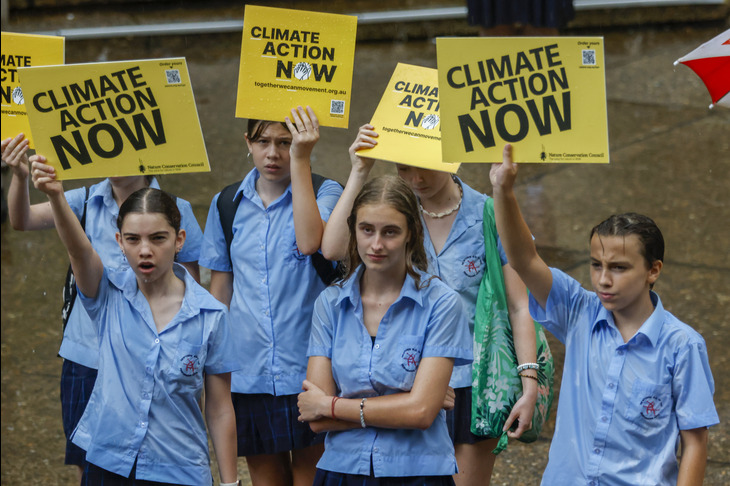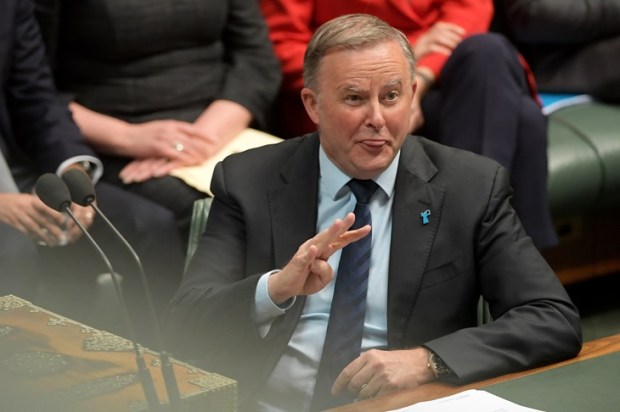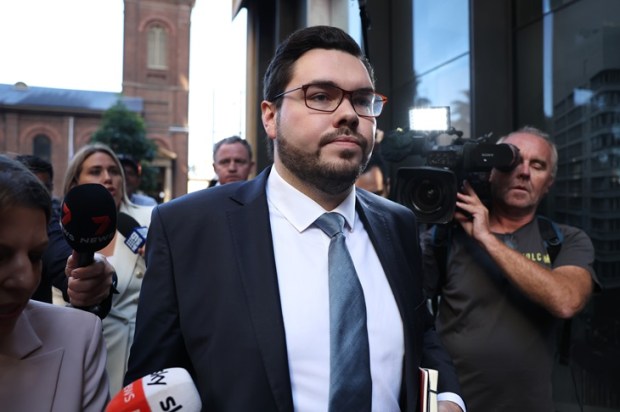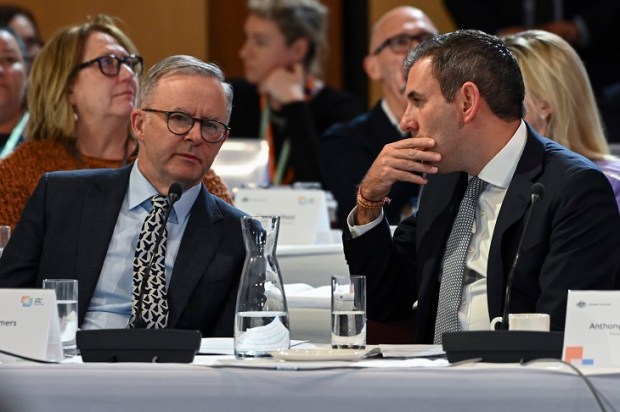In 1992, during one of my early book launches in Melbourne, a chance comment made me question the state of Australia’s education systems. The book, titled So I Headed West, was a collection of written material left by my grandfather, W.G. Manners, whom I never had the chance to know. A reader who had delved into the book remarked that my grandfather appeared to be a well-educated person. Before I could respond, Professor Geoffrey Blainey AC interjected, stating, ‘They were all better educated in those days.’
It is a vice of the old to look back on their upbringing with rose-coloured glasses. Criticising younger generations is a recreational sport more popular than golf or bingo among older demographics. However, that event which took place 31 years ago, has never left me, and it sparked a growing concern within me regarding Australia’s educational standards.
In recent times I’ve noticed a dramatic escalation of this worrying trend. The Covid lockdowns shed light on the materials being served to students, as parents had the opportunity to witness first-hand what was being taught. Many would likely agree that much of this curriculum seemed far removed from what could be considered core educational material.
I am not alone in expressing concern over our education system and seeking ways to improve what transpires in our classrooms. At this year’s Sir John Downer oration in April held in Adelaide, Opposition leader Peter Dutton also highlighted Australia’s failing education system. He argued that,
ideologically driven advocates have too much influence over what is being taught to our children. We want our children to be educated, not indoctrinated. Our kids are being taught ‘what to think,’ not ‘how to think’.
Over the years, I have accumulated a vast collection of articles addressing the slipping educational standards in our country. Faced with this mountain of material, I realised that I would never be able to tackle this task alone. Thus I sought the assistance of two esteemed academics from Perth, who have fearlessly waded through this material and provided their insightful observations for a recently published discussion paper, ‘The Education Crisis in Australia’.
Dr. Rocco Loiacono, one of the authors of the paper, said,
We need to acknowledge the negative impact of an overloaded curriculum on teachers’ well-being and the overall education system. To improve academic standards, we must focus on teaching fewer topics with greater depth and curriculum integrity.
Furthermore, the research paper reveals the overwhelming administrative burden placed on teachers, hindering their ability to focus on lesson planning and effective teaching. Excessive documentation requirements and unnecessary reporting divert valuable teaching time, contributing to the rising costs of education while academic standards continue to decline.
Co-author of the discussion paper, Professor Matthew Ogilvie, writes of this administrative bloat in the university system,
If we look to the United Kingdom as an example that Australia seems to be following, most universities employ more administrative and professional staff than academic staff.
Let us collectively address the pressing issue of declining educational standards in Australia. By acknowledging the problem and engaging in constructive dialogue, we can work towards ensuring a brighter future for our children and the generations to come.
Ron Manners AO is the Founder and Chairman of the Mannkal Foundation for Economic Education.
Got something to add? Join the discussion and comment below.
Get 10 issues for just $10
Subscribe to The Spectator Australia today for the next 10 magazine issues, plus full online access, for just $10.


























Comments
Don't miss out
Join the conversation with other Spectator Australia readers. Subscribe to leave a comment.
SUBSCRIBEAlready a subscriber? Log in